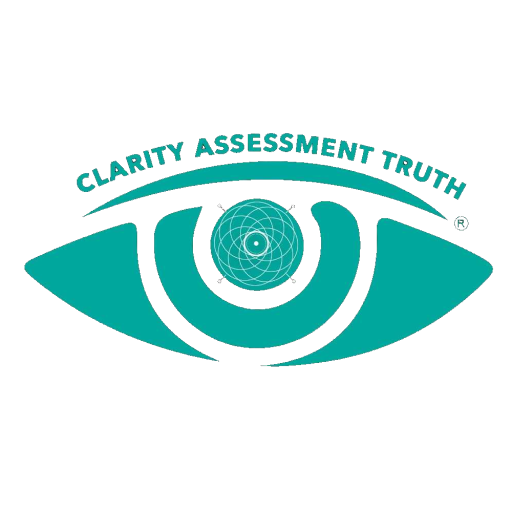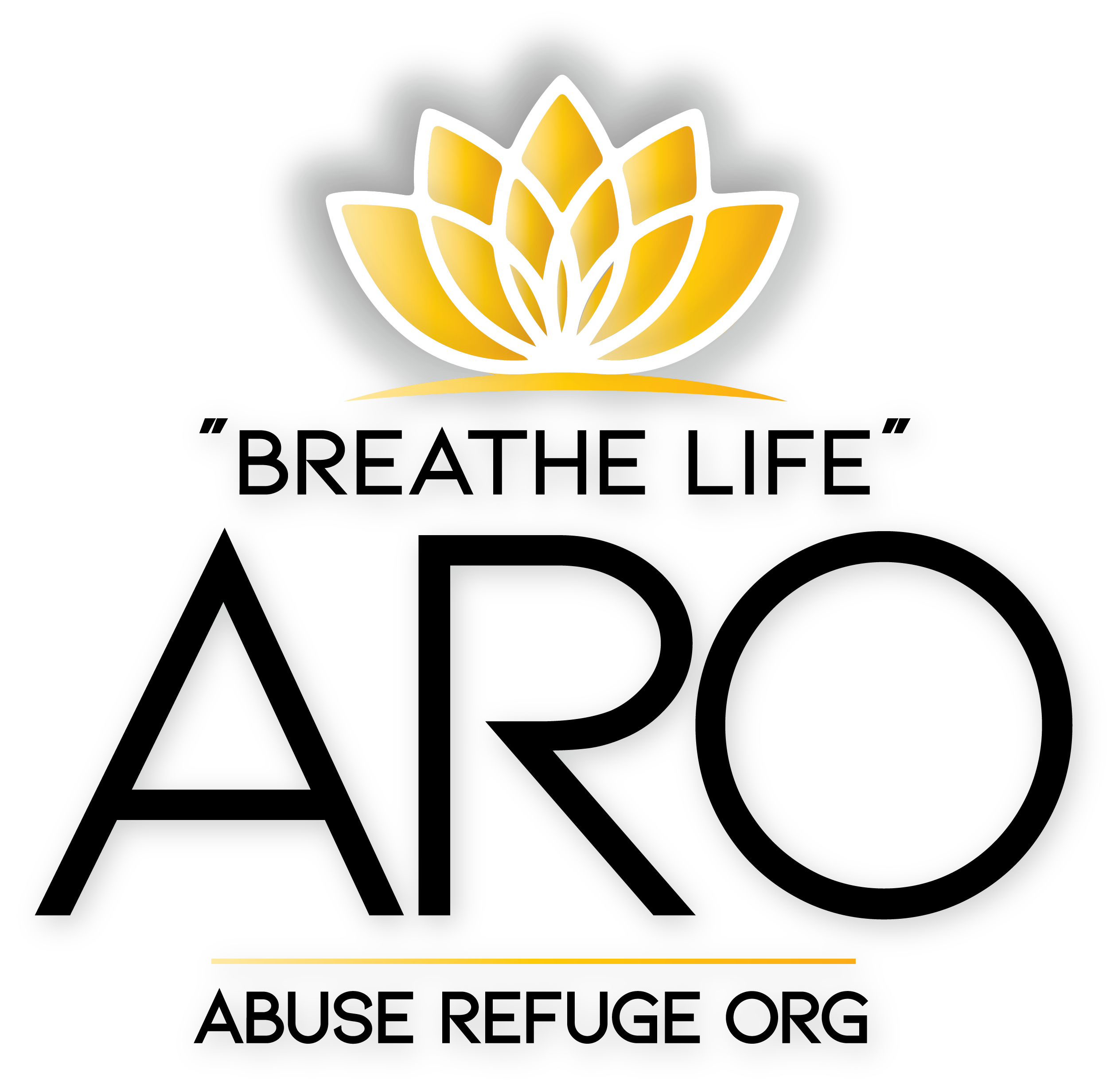Religious Abuse is a form of abuse that targets individuals because of their religious beliefs, practices, or affiliations. It can take many forms, including exclusion, discrimination, harassment, or even violence.

Religious Abuse refers to behavior that is targeted or exclusionary on the basis of different beliefs, interests, practices, or opinions founded in a religious or spiritual ideology. It can manifest within a religious community or between different religious groups.
Identifiable Victim Markers (IVMs):
• Compliance: Victims may comply with demands or pressures related to religious beliefs or practices, even if they disagree.
• Dismissive: Victims might feel dismissed or marginalized because of their religious beliefs.
• Hypervigilant: Constant awareness or fear of potential religious discrimination or harassment.
• Labeling: Assigning stereotypes or derogatory labels based on a person’s religion.
• Minimization: Downplaying or trivializing the importance of religious beliefs or practices.
• Reactive: Emotional or defensive reactions to perceived religious attacks or judgments.
• Self-blame: Blaming oneself for the abuse or discrimination experienced due to religious beliefs.
Possible Additional IVMs:
• Isolation: Victims might feel isolated or excluded from communities or social activities because of their religious beliefs.
• Anxiety: Chronic stress or anxiety related to religious discrimination or harassment.


